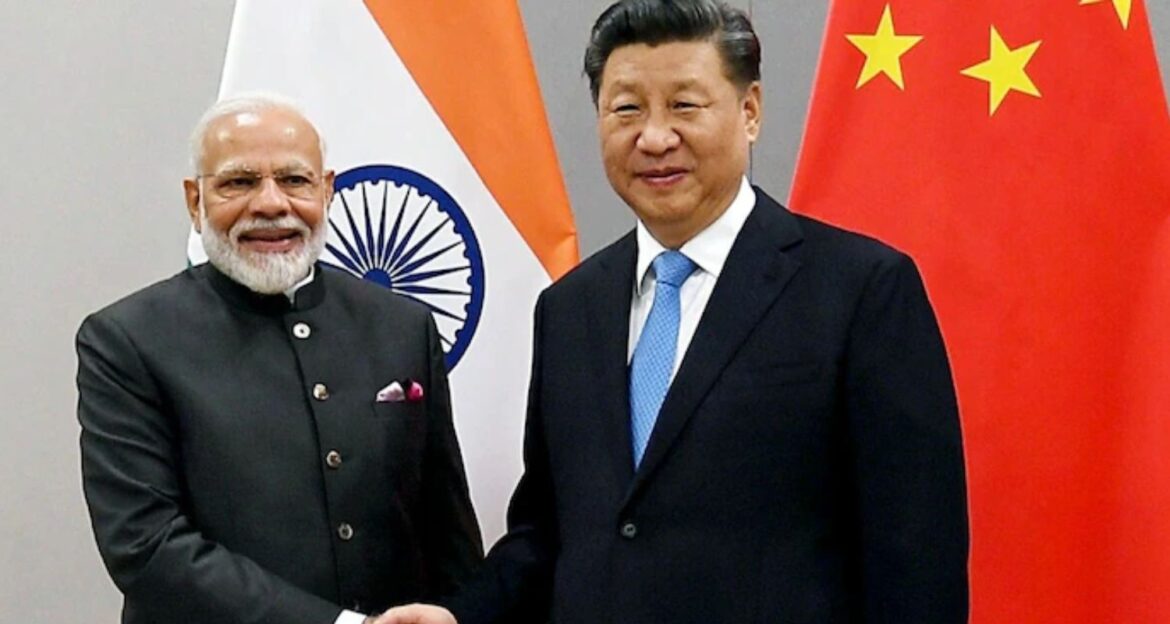New Delhi, August 21: India and China on Tuesday announced fresh steps to reset ties strained since a deadly 2020 border clash, agreeing to set up an expert group to work on an early solution to their decades-old boundary dispute, resume direct flights, and reopen border trade routes.
The announcement came after Prime Minister Narendra Modi, External Affairs Minister Subrahmanyam Jaishankar and National Security Adviser Ajit Doval met visiting Chinese Foreign Minister Wang Yi in New Delhi.
In a statement, India’s foreign ministry said the two sides would establish an expert group under the Working Mechanism for Consultation and Coordination on India-China Border Affairs to explore “early harvest” options for delimiting their disputed frontier. The move, it said, would be guided by the 2005 agreement on political parameters for settlement of the boundary question.
Doval and Wang, who serve as the countries’ Special Representatives on the issue, also held the 24th round of their dialogue, noting that “peace and tranquillity has been maintained in the India-China border areas” since their last meeting.
The two sides agreed to strengthen mechanisms for managing the frontier, including creating new general-level contacts in the eastern and middle sectors in addition to the existing western sector mechanism. De-escalation will be taken up under these channels, the ministry said.
India and China also pledged to resume direct flight services “at the earliest” and expand the scale of Indian pilgrimages to Mount Kailash and Lake Manasarovar in Tibet. They said they would facilitate visas and people-to-people exchanges to stabilise relations.
On the economic front, the countries agreed to reopen border trade through three designated passes — Lipulekh, Shipki La and Nathu La — and to take “concrete measures” to boost trade and investment flows.
Wang also conveyed Beijing’s welcome for Modi’s planned attendance at the Shanghai Cooperation Organisation (SCO) summit in Tianjin. India reaffirmed its support for China’s SCO presidency and said both sides would back each other in hosting major diplomatic events, including the BRICS summits in India in 2026 and in China in 2027.
Ties between Asia’s two largest countries hit a nadir after the Galwan Valley clash in June 2020, in which 20 Indian soldiers and at least four Chinese troops were killed, triggering a prolonged military standoff along their Himalayan border. The latest moves follow signs of a thaw in recent months, coming as the United States under President Donald Trump imposed fresh tariffs on both New Delhi and Beijing.
“The two sides spoke positively of the progress made in implementing the important leader-level consensus in Kazan,” the ministry said, referring to the recent Modi-Wang meeting on the sidelines of the SCO foreign ministers’ gathering in Russia.
